
Date: 22 February 2016
If you’re wondering about the process behind each form of strengthening, and what advantages the chemical process offers, the following is a brief introduction.
Let’s start with heat. To strengthen glass using heat, the piece of glass must be at least 3 millimeters thick – if not much thicker. In general, heat-strengthened glass is twice as strong as it would be otherwise. However, the best surface quality it can maintain under this process is typically 120/80. To fully temper glass, it must be broken into several small pieces.
One of the major benefits of chemically strengthening glass, by contrast, is that the process can be used on very thin pieces. Unlike the limitations of the heat process, glass that is less than 3 mm can be strengthened using chemicals, and glass that is up to 6 mm thick can also benefit from the process. The process involves the toughening of glass substrates by using a salt bath to improve not only the glass’ durability, but also its resistance to bending. You can also expect chemically strengthened glass to have a higher surface quality than glass that has been heated.
There are many practical applications for strengthening glass, and the process is relatively quick and simple. At Bent Glass Design, we have the experience and capabilities needed to properly strengthen glass using the chemical process. Browse through our website to learn more about our capabilities, of to learn more about chemically strengthening glass – or any of the other services we offer – give us a call at 215-441-9101 today.
 600450
600450

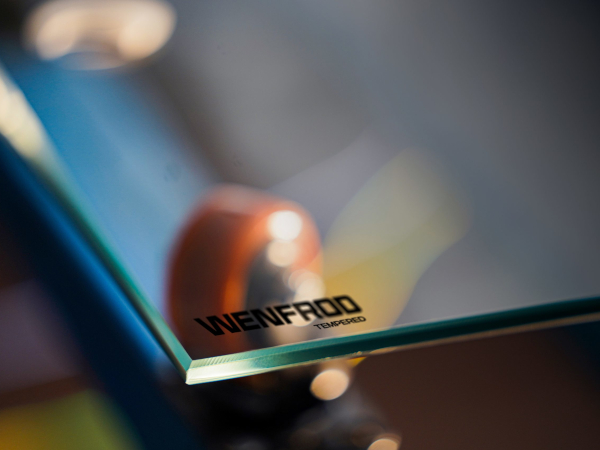

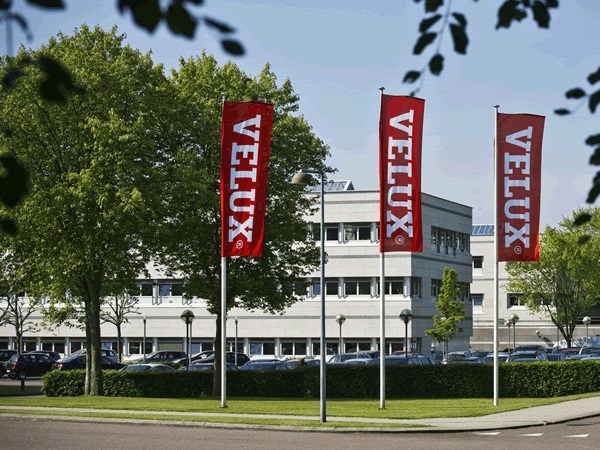
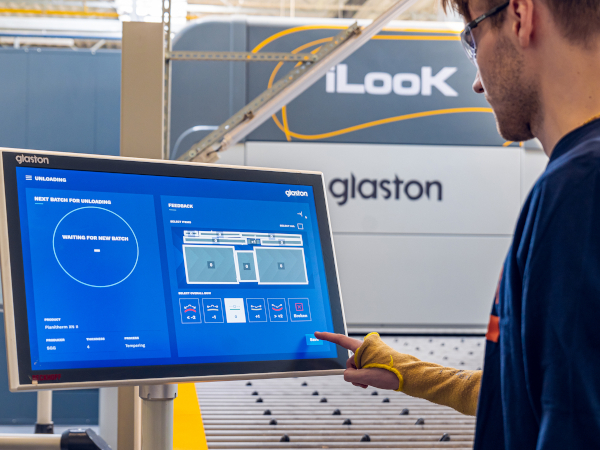
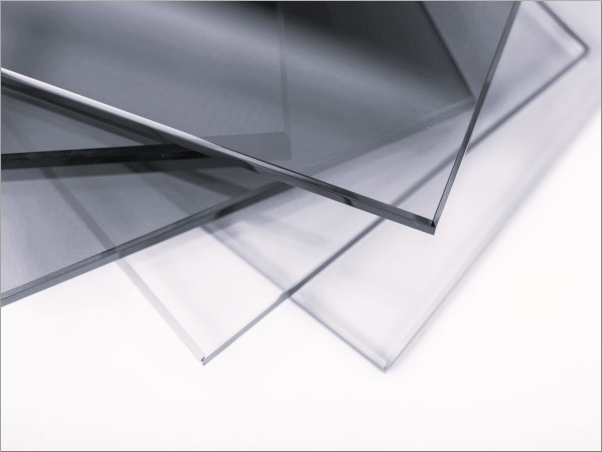
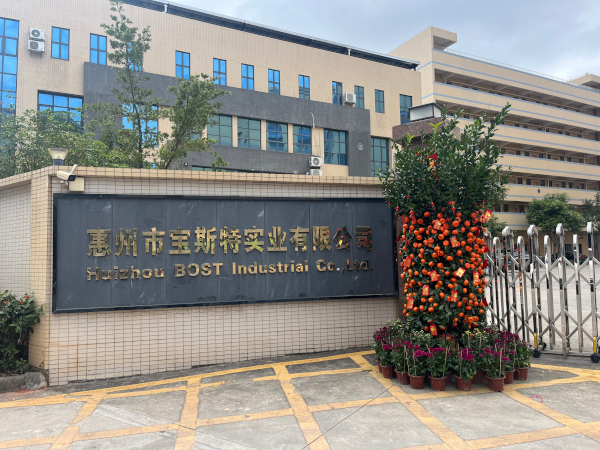
















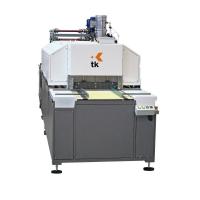
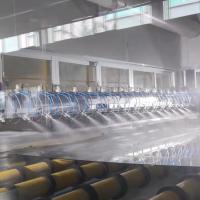

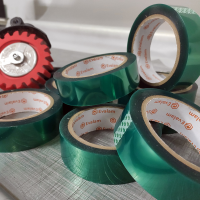
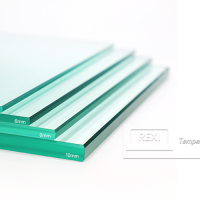

Add new comment